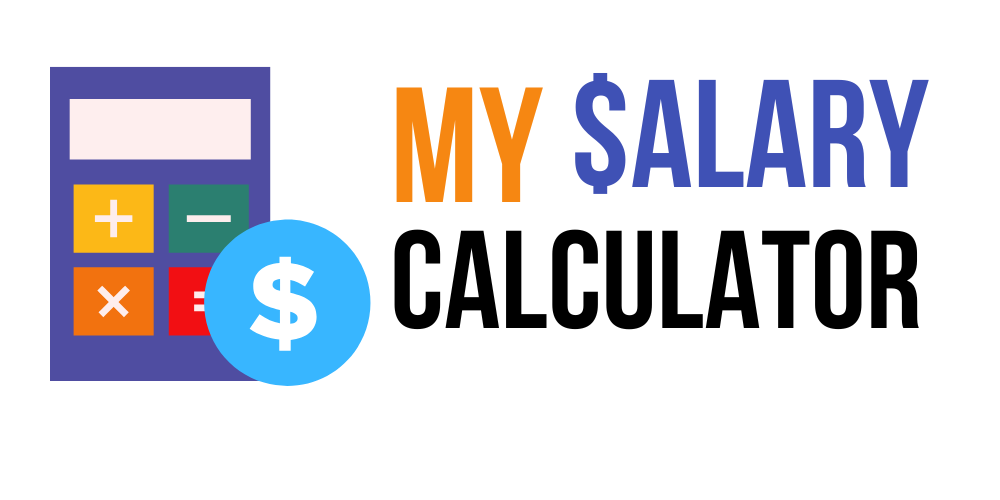If you’re considering a career as a Medical Receptionist in Australia, you might be surprised to know that this role is not only in high demand but also offers a competitive salary range. Here’s a comprehensive look at what you can expect.
Salary Breakdown
The salaries for Medical Receptionists in Australia vary based on experience levels. Here’s a breakdown of the average annual, monthly, and hourly salaries:
Experience Level | Average Annual Salary | Average Monthly Salary | Average Hourly Salary |
|---|---|---|---|
Entry-level | $55,000 – $60,000 | $4,583 – $5,000 | $25-$28 per hour |
Mid-level | $60,000 – $65,000 | $5,000 – $5,417 | $28-$32 per hour |
Senior-level | $65,000 – $70,000 | $5,417 – $5,833 | $32-$35 per hour |
Regional Differences
Salaries for Medical Receptionists can vary significantly depending on the location within Australia. Here’s a comparison of average annual salaries in different states:
| State | Average Annual Salary |
|---|---|
| Victoria (Melbourne) | $65,000 |
| New South Wales (Sydney) | $60,000 – $70,000 |
| Australia (National Average) | $55,000 – $65,000 |
| South Australia | $55,000 – $62,000 |
| Queensland | $55,000 – $62,000 |
| Western Australia | $58,000 – $65,000 |
Disclaimer: These salary values are estimates from reputable sources and may vary depending on factors such as employer, market conditions, and individual experience.
How to Become a Medical Receptionist in Australia
To become a Medical Receptionist in Australia, you typically need:
- Educational Path: A Certificate III or IV in Business Administration or a related field is often preferred. Some employers may also consider candidates with a Diploma in Medical Administration.
- Certifications: While not mandatory, certifications like the Certificate of Medical Reception and Practice Management can be advantageous.
- Training and Experience: Previous experience in customer service, administration, or healthcare is highly valued. Proficiency in medical software and strong administrative skills are essential.
- Alternative Pathways: Online courses and industry-specific programs can provide the necessary skills and knowledge for those entering the profession through non-traditional routes.
Key Factors Impacting Income
Several factors influence the salaries of Medical Receptionists:
- Working Conditions: Full-time positions generally offer higher salaries compared to part-time or casual roles.
- Industry Demand: High demand in urban areas like Melbourne and Sydney can drive up salaries.
- Skill Shortages: Proficiency in specific medical software and strong administrative skills can increase earning potential.
- Educational Background: Higher qualifications, such as a Diploma in Medical Administration, can lead to higher salary ranges.
These factors are supported by market trends and job listings on platforms like SEEK and Jora.
Future Job Scope
The future outlook for Medical Receptionists in Australia is promising:
- Expected Growth: The healthcare sector is expected to grow, driven by an aging population and increased healthcare needs.
- Industry Trends: There is a rising demand for skilled administrative staff in medical practices and clinics.
- Potential Challenges: The role may evolve with advancements in technology, requiring continuous training and adaptation.
- Emerging Opportunities: Specialized roles within larger healthcare organizations and private practices are becoming more prevalent.
Given the steady growth in the healthcare sector, Medical Receptionists can expect stable and potentially increasing salary trends in the coming years. For more insights into industry trends, you can refer to reports from the Australian Bureau of Statistics (ABS) and healthcare industry reports.
